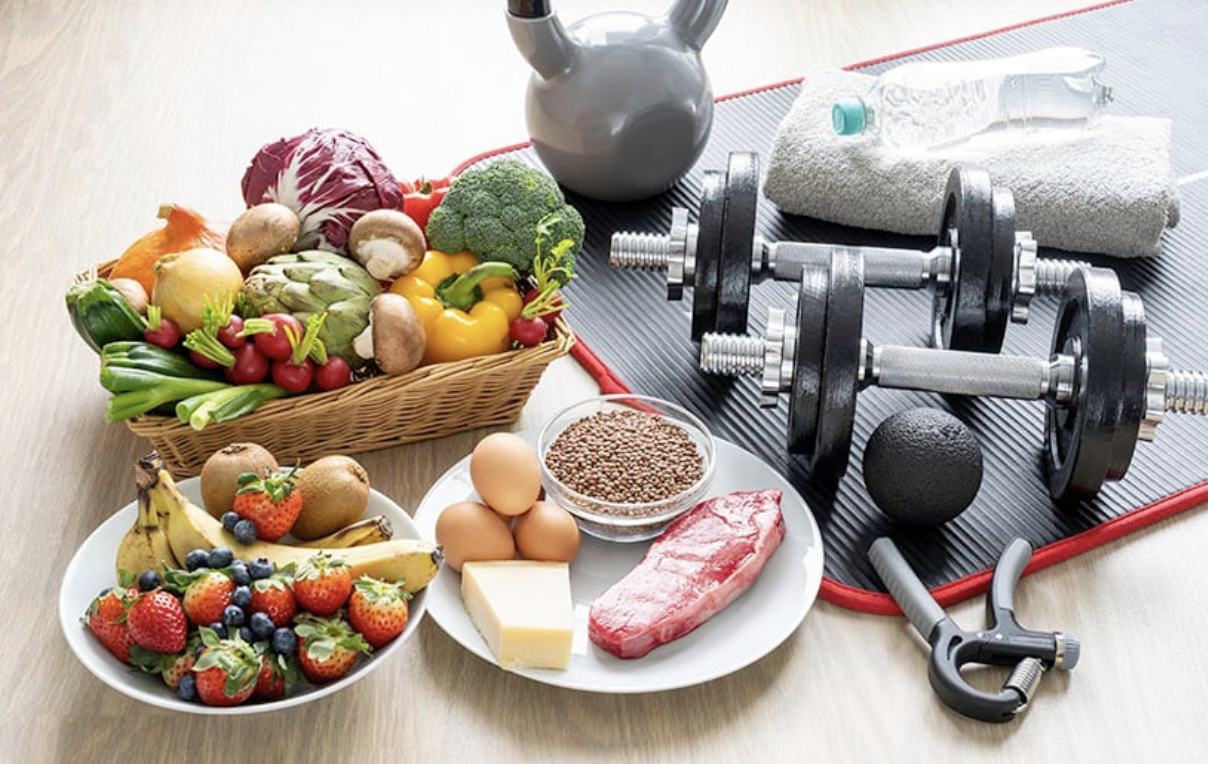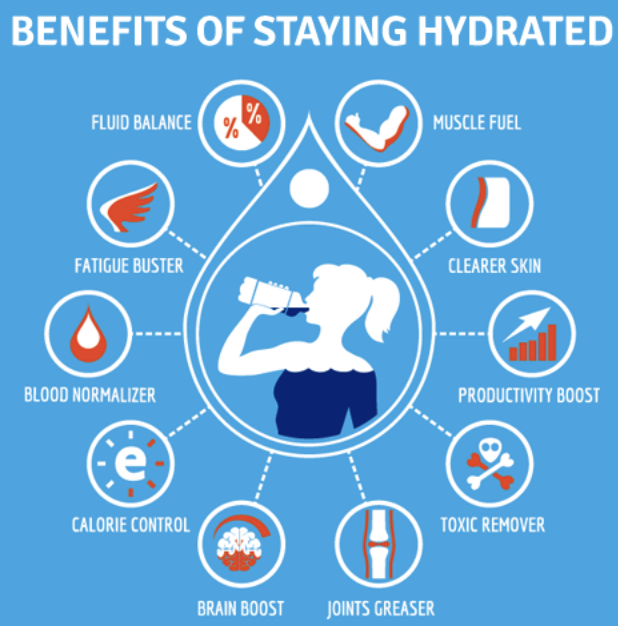Nutrition and Athletic Performance
Why nutrition is a “hidden training session”
Introduction:
Nutrition is the foundation of athletic performance, recovery, and long-term health. As an athlete, food is vital. It not only provides energy, but is important in supporting endurance, strength, injury prevention, and even mental resilience. This article delves into how macronutrients, micronutrients, and hydration influence athletic outcomes, and provides science-backed advice for fueling and recovery.
Macro Nutrients and Performance:
Carbohydrates
For athletes, carbohydrates are the primary energy source for high-intensity exercise. Glycogen, which is primarily stored in muscles and in the liver, provides fuel during activity. Research shows that adequate carbohydrate intake improves both endurance and sprint athletic performance. Timing is important when eating carbohydrates. When you eat carbohydrates before you train, you maximize your total glycogen storage, allowing for overall better endurance and intensity. Additionally, consistently hydrating during your workout with hydration gels or electrolyte based sports drinks can help you sustain performance for events lasting longer than 60 minutes.
Protein
Having a balanced diet is important, especially one that includes protein. Protein plays a central role in muscle protein synthesis, repair, and adaptation. Athletes benefit from a daily intake of around 1.6-2.2 g/kg of body weight. For example, a 70 kg (154 lb) athlete would need roughly 110–155 grams of protein per day. Consuming protein evenly throughout the day, especially within 30–60 minutes post-exercise, optimizes recovery and muscle growth.
Fats
Fats provide sustained energy for low to moderate intensity workouts. They also are essential for hormone regulation and anti-inflammatory processes. Athletes need to prioritize unsaturated fats, such as avocados, nuts, olive oil, and Omega-3 fatty acids like salmon or flaxseed. This directly supports cardiovascular health and reduces inflammation.
Micronutrients and Hydration
Micronutrients
Iron: Crucial for oxygen transport
Calcium & Vitamin D: Strengthens bones
Antioxidants (Vitamin C, Vitamin E, polyphenols): Reduces oxidative stress
Hydration
Hydration is necessary for thermoregulation, joint lubrication, and mental focus. Athletes need to regulate hydration with practices such as checking urine color and replacing lost fluids during exercise. Electrolytes, especially sodium, potassium, and magnesium, are essential for maintaining performance and preventing possible cramps.
Nutrition in Recovery and Injury Prevention
Post-exercise nutrition supports muscle repair, glycogen resynthesis, and helps control inflammation. Evidence shows that consuming a 3:1 ratio of carbohydrates to protein within 30 minutes of training allows for an optimal recovery. Anti-inflammatory foods such as fish, berries, and leafy greens can reduce soreness and promote healing. Nutrients like collagen, as well as vitamin C, support connective tissue repair, which lowers the risk of injury.
Psychological and Behavioral Aspects of Nutrition
Nutrition not only fuels the body, but the mind as well. Proper nutrition helps with concentration, mood regulation, and resilience under stress. Athletes should be wary of under-fueling as it can cause Relative Energy Deficiency in Sport (RED-S). This condition impairs metabolism, hormonal health, and performance. Keeping a balanced, nutritious diet is extremely important.
Practical Guidelines
Pre-exercise: Consume carbohydrate-rich meals with moderate protein and fats 2-3 hours before your workout
During Exercise: Hydrate with electrolyte-based drink or water throughout your workout
Post-exercise: Replenish with carbs and protein 30 minutes post workout for optimal results
Daily Practices: Plan balanced meals, hydrate regularly, and keep nutrient-dense snacks available
Works Cited
Boston Children's Hospital. (n.d.). Relative Energy Deficiency in Sport (REDs). Boston Children's Hospital. Retrieved September 23, 2025, from https://www.childrenshospital.org/conditions/reds
Burke, L. M. (2017, January). American College of Sports Medicine Joint Position Statement. Nutrition and Athletic Performance. PubMed. Retrieved September 23, 2025, from https://pubmed.ncbi.nlm.nih.gov/26891166/
Burke, L. M., Hawley, J. A., Wong, S. H. S., & Jeukendrup, A. E. (2011). Carbohydrates for training and competition. PubMed. Retrieved September 23, 2025, from https://pubmed.ncbi.nlm.nih.gov/21660838/
Cleveland Clinic. (2021). Electrolytes: Types, Purpose & Normal Levels. Cleveland Clinic. Retrieved September 23, 2025, from https://my.clevelandclinic.org/health/diagnostics/21790-electrolytes
Mountjoy, M., Sundgot-Borgen, J. K., Burke, L. M., Ackerman, K. E., & Blauwet, C. (2018). IOC consensus statement on relative energy deficiency in sport (RED-S): 2018 update. PubMed. Retrieved September 23, 2025, from https://pubmed.ncbi.nlm.nih.gov/29773536/
Phillips, S. M., & Van Loon, L. J. C. (2011). Dietary protein for athletes: from requirements to optimum adaptation. PubMed. Retrieved September 23, 2025, from https://pubmed.ncbi.nlm.nih.gov/22150425/
Safecare Medical Center. (2019, March 1). The Importance of Hydration. Safecare Medical Center. Retrieved September 23, 2025, from https://www.safecare.com/news/staying-hydrated/
Thomas, T., Erdman, K. A., & Burke, L. M. (2017). Position of the Academy of Nutrition and Dietetics, Dietitians of Canada, and the American College of Sports Medicine: Nutrition and Athletic Performance. PubMed. Retrieved September 23, 2025, from https://pubmed.ncbi.nlm.nih.gov/26920240/


